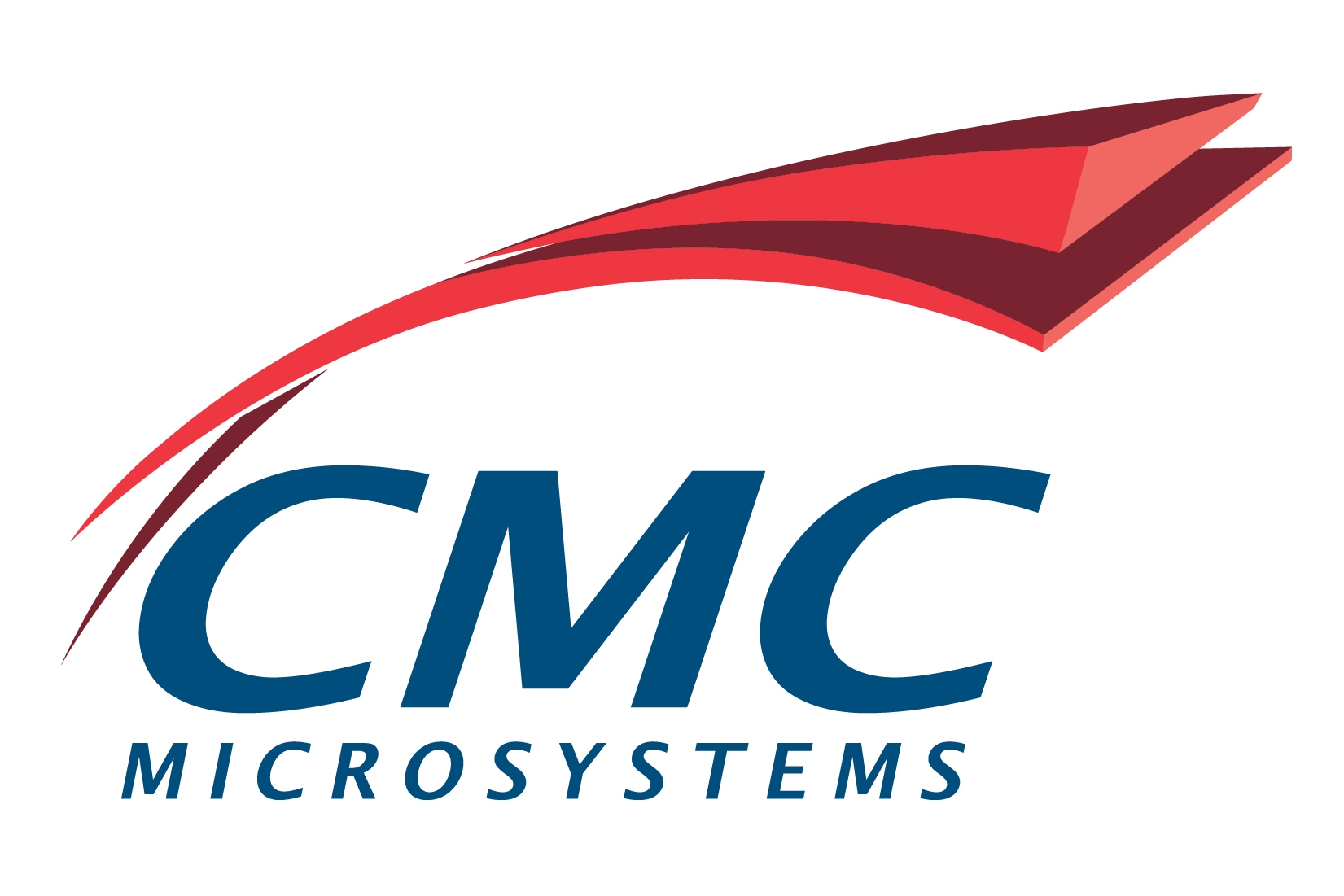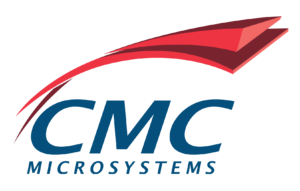TEXPO2023
Graduate Student Research Competition - Virtual Event -
TEXPO 2023 Graduate Student Research Competition is an annual competition that offers graduate students a unique opportunity to demonstrate their novel applications of microsystems and nanotechnologies to industry and academic representatives while competing for a total of $12,500 in prize money.
Track 1
- Opening Statements
- Sponsor Messages
- Brian L. Barge Award for Excellence in Microsystems Integration
sponsored by

Track 2
- Award for Excellence in Microsystems CAD Tool & Design Methodology
sponsored by
Track 3
- Award for Excellence in Microsystems Fabrication
sponsored by
TIME | ||||
11:30-11:35 EST | Opening Remarks | |||
11:35 | Sponsor Presentation: GlobalFoundries | |||
12:00-1:40 | Brian L Barge Award Presentations | |||
1:40-2:00 | Break | Break | Break | Break |
2:00 – 3:40 | Presentations continue | Presentations continue | Presentations continue | Presentations continue |
4:00 | Sponsor Presentation: COMSOL | |||
4:20 | Sponsor Presentation: Teledyne | |||
4:40 EST | Award Presentations |
Awards
$3,000
$3,000
$3,000
$3,500
Key Info
The primary TEXPO presenter must be a graduate student at a Canadian university at the time of abstract submission. Research supervisors, faculty members and postdoctoral fellows contributing to a project are welcome to participate as secondary presenters in the competition.
Important Information for TEXPO Participants.
- Schedule:
- TBD – You will be provided with your judging time prior to the event
- Judging of your Demo:
- Please review the judging criteria carefully. Information on the awards may be found above. Each award page includes the judging criteria.
- Presentations will be comprised of pre-recorded demos
- You will have a total of 15 minutes to present your project to the judges. This includes up to 10 minutes of prerecorded video of your demo, followed by a 5-minute question and answer period with the judges. There are typically three judges for each competition (ideally one from Canadian industry, academia, and non-for-profit organizations).
- Your presentation will be public during the judging process, however, only the judges will be able to ask questions.
- Your pre-recorded presentation must be submitted by September 20th, in English and MP4 format
- Presentation of Awards:
- Winners will be announced immediately after TEXPO
- TEXPO winners are strongly encouraged to use prize funds to support education or training related to micro-nanosystems R&D. Funds may be applied to the cost of attending a conference or workshop or visiting a lab or other technical facility inside or outside of Canada.
All applicants must present their research virtually showing a working demonstration/prototype (pre-recorded in English) along with a live presentation.
Students who are interested in competing are encouraged to submit an abstract by Friday, August 11, 2023
NOTE: Abstracts are a pre-competitive submission and are NOT included in the judging process. They are used to ensure the best fit between the submitted project description, and the most relevant award category. TEXPO applicants will be notified of their acceptance by August 31st.
Your abstract should adhere to the guidelines described below.
Length:
Two pages, in PDF format.
Content:
- A short summary (150 words) in plain language, about the project, including the problem that was being addressed and the significance of your findings. This summary should be understandable to the layperson and may be used in TEXPO communications.
- A general description of the project’s aims, the work that was done, and its results. Figures and tables are permitted (see below).
Formatting:
Heading text:
Times New Roman 14-16 pt font.
Body text:
- Times New Roman 12 pt font.
- 1-2 lines of white space must precede the body text.
- Bulleted and numbered lists are permitted.
- Figures and tables are permitted and must be preceded and followed by at least one line of white space; numbered; labeled; and referenced in the body text.
Deadlines:
Abstract deadline: Friday, August 11, 2023
Notification of competition acceptance: Wednesday, August 31, 2023
Questions? Contact Sarah Neville, TEXPO Research Competition Coordinator, sarah.neville@cmc.ca
- You can apply for only one award category – please select carefully based on the award criteria
- Acceptance into award categories based on first come basis for those that meet the eligibility criteria
- You can provide us your 2nd choice category which will only be considered should your first option be full
- Minimum number of entries per category: 4
- Maximum number of entries per category: 10
Dates
Submission Deadline
Friday, August 11, 2023
Presentations Date
September 28, 2023
11:30 a.m EST – 4:45 p.m. EST
TEXPO Research Competition Coordinator
TEXPO2023
Graduate Student Research Competition - Virtual Event -
TEXPO 2023 Graduate Student Research Competition is an annual competition that offers graduate students a unique opportunity to demonstrate their novel applications of microsystems and nanotechnologies to industry and academic representatives while competing for a total of $12,500 in prize money.
Track 1
- Opening Statements
- Sponsor Messages
- Brian L. Barge Award for Excellence in Microsystems Integration
12:00-12:15
Roham Dorakhan
University of Toronto
A silver–copper oxide catalyst for acetate electrosynthesis from carbon monoxide
Hamid Sadrimanesh
École de technologie supérieure
oham Dorakhan
oham Dorakhan
12:15-12:20
Q&A
Q&A
Q&A
Q&A
12:20-12:35
Gabriel Lachance
Université Laval
Spectrophotomètre hybride portatif pour analyse colorimétrique avec un système d’auto-échantillonnage intégré.
Madhan Thirumoorthi
oham Dorakhan
oham Dorakhan
12:35-12:40
Q&A
Q&A
Q&A
Q&A
12:40-12:55
Eric Bharucha
Université Laval
Waterfall regulators a new topology for powering electronics
Tyler Hornsby
oham Dorakhan
oham Dorakhan
12:55-1:00
Q&A
Q&A
Q&A
Q&A
1:00-1:15
Jalal Dadkhah
University of Manitoba
Developing an Interleaved GaN-based PFC Converter with a Highly Integrated Package
Ali Poursaadati Zinjanab
oham Dorakhan
oham Dorakhan
1:15-1:20
Q&A
Q&A
Q&A
Q&A
1:20-1:35
Syed Mohammad Hamza
École de technologie supérieure
Integrating Organic Printed and Flexible Electronics with Conventional Microelectronics for Smart Bandages
Farzad Mozafar
Q&A
Q&A
1:35-1:40
Q&A
Q&A
Q&A
Q&A
1:40-2:00
Break
2:00-2:15
Alireza Geravand
Université Laval
Ultra-Compact Low-power Silicon Photonic Coherent Modulator
Yousef Safari
McGill University
Q&A
Q&A
2:15-2:20
Q&A
Q&A
Q&A
Q&A
2:20-2:35
Santiago Bernal
McGill University
TFLN based Modulators and Power Analysis for Next-Generation O-band Intra Datacenters Interconnects
Andrew Gunter
University of British Columbia
Q&A
Q&A
2:35-2:40
Q&A
Q&A
Q&A
Q&A
2:40-2:55
Emerich Kovacs
University of Manitoba
Lensless Optical Dielectrophoresis Cytometer for Single Cell Analysis
Omid Niksan
University of British Columbia
Q&A
Q&A
2:55-3:00
Q&A
Q&A
Q&A
Q&A
3:00-3:15
Abel Beyene
York University
RISC-V Multicore for Miniature DNA Sequencers
Vishal Balasubramanian
University of British Columbia
Q&A
Q&A
3:15-3:20
Q&A
Q&A
Q&A
Q&A
3:20-3:35
Matthieu Valdenaire
Université de Sherbrooke
Complete Integration of Semi-Passive Memristor Architecture on CMOS: From Fabrication to Packaging and Custom Test Solution for
Neural Computing
Erfan Ghader
Simon Fraser University
Q&A
Q&A



